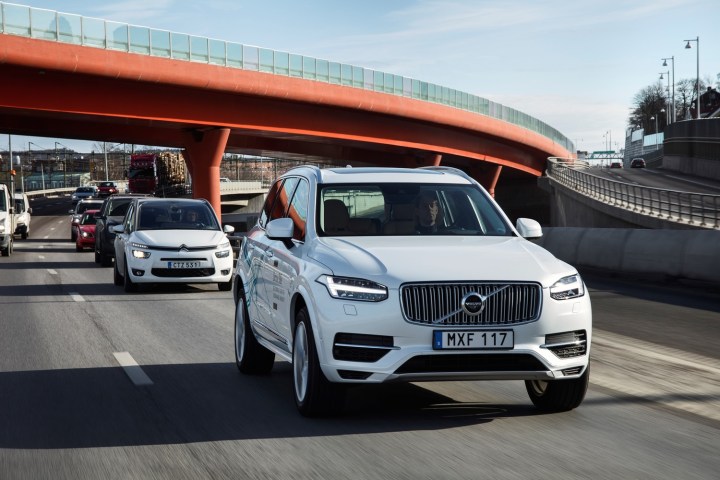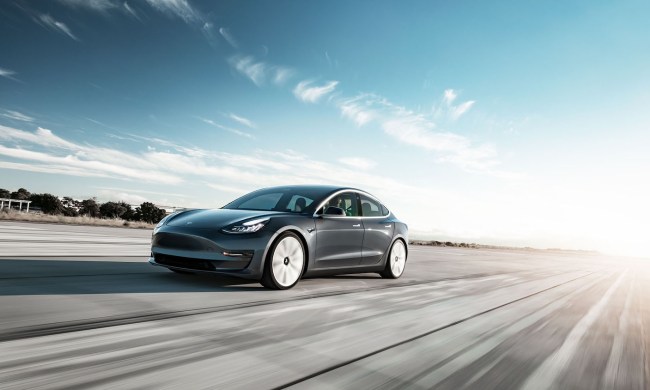
Attitudes about self-driving cars could in fact vary by region, Volvo says. The Swedish carmaker recently conducted a survey which found that people in certain states in the U.S. are more enthusiastic about self-driving cars than are people in other states. Volvo is already committed to self-driving cars, believing they can help the firm eliminate injuries and deaths in its new cars by 2020.
New York and California residents are the most receptive to autonomous cars, the survey found. Nine out of ten New Yorkers and 86 percent of Californians surveyed said self-driving cars could make life easier. This makes some sense, as New York City and the urban areas of California are known for horrific traffic. The urban dwellers sitting in that traffic also have a reputation for progressive attitudes toward new technology.
Read more: Volvo study says people want to maintain control of driverless cars
Residents of Illinois, Pennsylvania, and Texas, however, were found to be the least supportive of self-driving cars. In Illinois, 52 percent of respondents said they would trust an autonomous car to make decisions about safety, 10 percent below the national average for the survey. Similarly, 62 percent of Pennsylvanians said self-driving cars would eliminate traffic accidents, compared to a national average of 68 percent. Finally, 60 percent of Texans said they believed autonomous cars could keep their families safer.
Still, the majority of respondents in those states had at least a somewhat positive view of self-driving cars. Regardless of the degree of enthusiasm, respondents seemed to be of the opinion that the government should take a more active role in regulating autonomous vehicles. Nationally, 90 percent of respondents said the government has been slow to plan for self-driving cars.
Respondents across the country agreed on one more thing. Nationally, 68 percent said driving a car manually is a “luxury that should be preserved.” Self-driving cars may ultimately prove to be just as safe and convenient as promoters promise, but that doesn’t mean people will want to give up on driving entirely.


